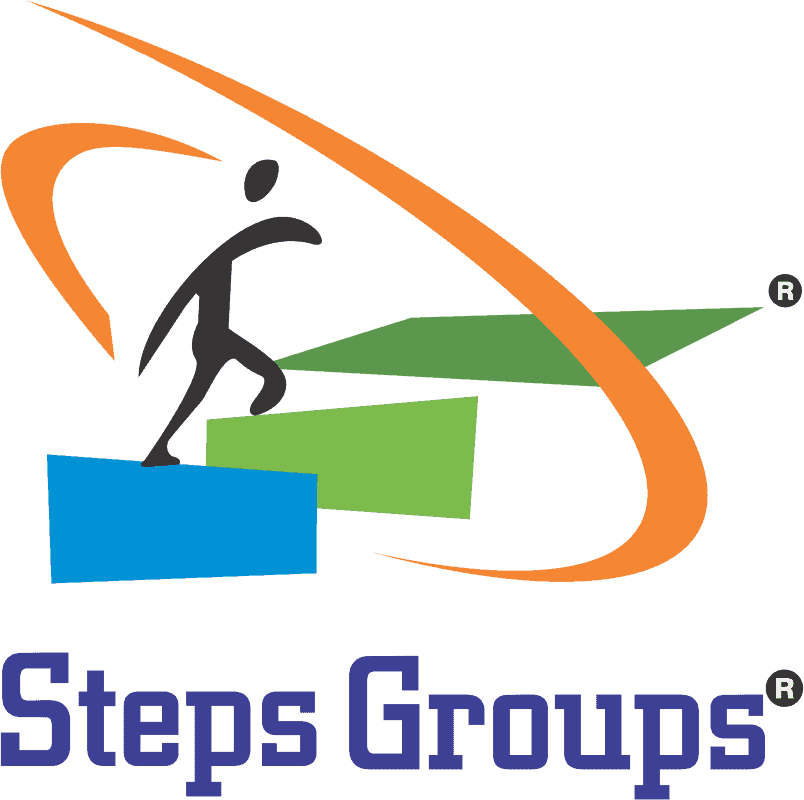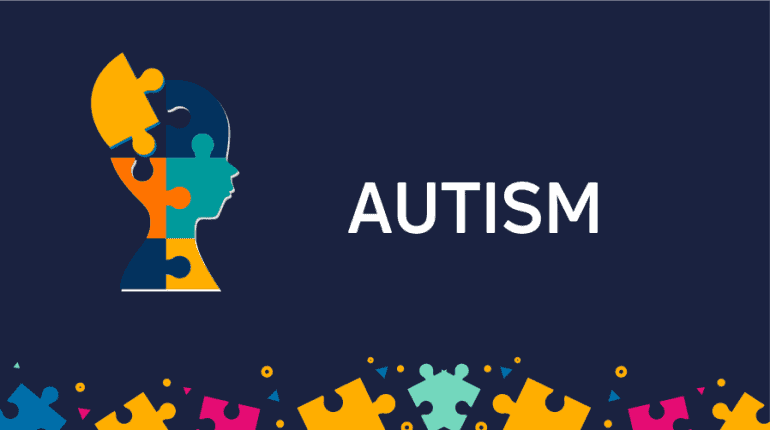Autism Treatment in Coimbatore
Autism Treatment in Coimbatore
At Steps Groups, we provide comprehensive and compassionate autism treatment in Coimbatore for children and adults on the autism spectrum. Our multidisciplinary team focuses on improving communication, behavior, and social skills through evidence-based therapies tailored to each individual’s unique needs.
Understanding Autism Spectrum Disorder (ASD)
Autism Spectrum Disorder (ASD) is a developmental condition that affects communication, behavior, and social interaction. The term “spectrum” reflects the wide range of symptoms and abilities each person with autism may have. Some may require minimal assistance, while others need structured, full-time support.
Common early signs of autism include:
- Limited or no eye contact
- Delayed speech or lack of verbal response
- Repetitive behaviors such as rocking or hand-flapping
- Difficulty understanding emotions or social cues
- Preference for routines and resistance to change
- Unusual reactions to sensory input like sound, texture, or light
Early diagnosis and intervention are essential for improving developmental outcomes.
Autism Symptoms and Behavioral Characteristics
People with autism often show two key categories of symptoms:
1. Social Communication Challenges
- Avoiding or struggling to maintain eye contact
- Difficulty engaging in pretend play or sharing interests
- Trouble understanding others’ feelings or expressing emotions
- Limited use of gestures, facial expressions, or body language
2. Restricted and Repetitive Behaviors
- Repeating words or phrases (echolalia)
- Lining up toys or focusing on parts of objects
- Rigid routines and distress when they are changed
- Obsessive interests or intense focus on specific topics
- Unusual sensory responses to touch, sound, or light
Many individuals also experience associated challenges such as delayed motor skills, sleep disturbances, hyperactivity, anxiety, or gastrointestinal issues.
Comprehensive Autism Treatment at Steps Groups
Our autism therapy programs in Coimbatore are designed to support developmental growth and independence. We combine multiple therapeutic approaches to address the core challenges of ASD.
Occupational Therapy (OT)
Occupational therapy helps children and adults with autism improve cognitive, physical, and social skills. Our therapists use engaging, play-based strategies to enhance fine motor coordination, sensory regulation, and daily living abilities.
Speech and Language Therapy
Speech therapy focuses on improving communication — from early vocalization and comprehension to social conversation and expression. Personalized programs help children overcome speech delays and strengthen interaction skills.
Behavioral Therapy (ABA)
Applied Behavior Analysis (ABA) therapy uses positive reinforcement to encourage desired behaviors and reduce challenging ones. It is one of the most effective evidence-based interventions for autism.
Sensory Integration Therapy
Sensory therapy helps individuals manage hypersensitivity or under-responsiveness to sensory input, enabling better focus, emotional control, and participation in everyday activities.
Parental Guidance and Family Support
We work closely with parents to ensure consistency between home and therapy. Our programs empower families with strategies to support their child’s growth and communication at home.
Why Choose Steps Groups for Autism Therapy in Coimbatore?
- Expert multidisciplinary team of occupational, speech, and behavioral therapists
- Personalized treatment plans tailored to each child’s developmental level
- Safe, engaging, and sensory-friendly therapy environment
- Regular progress assessments and parent counseling sessions
- Focus on real-life skill development for long-term independence
Start Your Child’s Journey Toward Growth and Independence
At Steps Groups, we believe that with the right guidance, care, and intervention, every child can make meaningful progress.
📞 Call us today or book an appointment to learn more about our autism treatment in Coimbatore and how we can support your child’s development.



